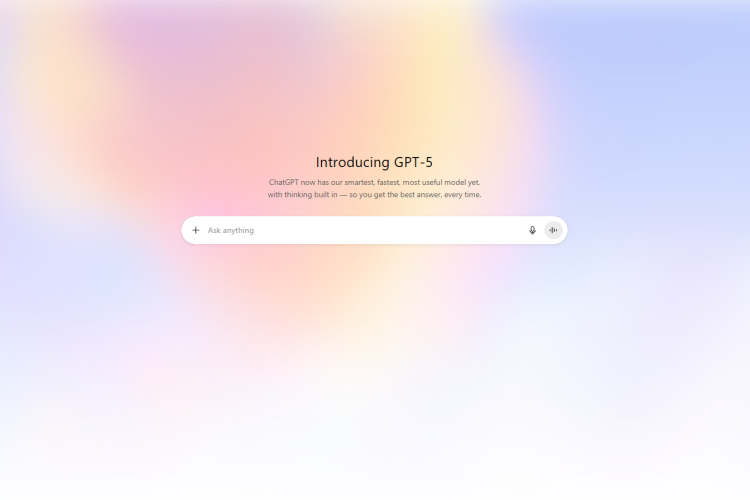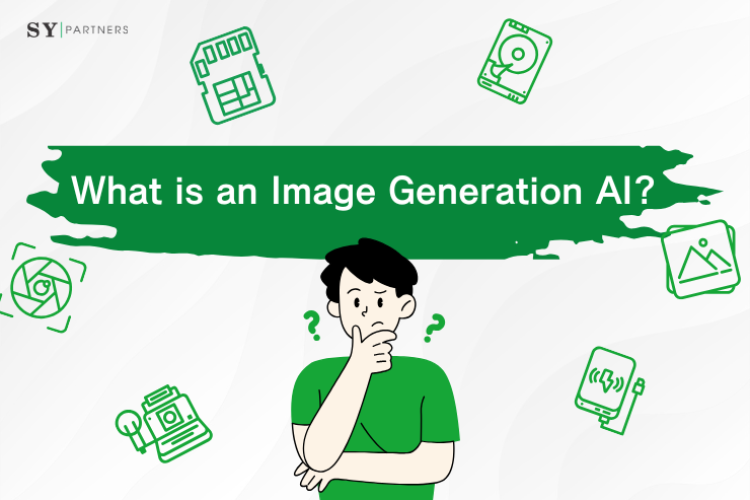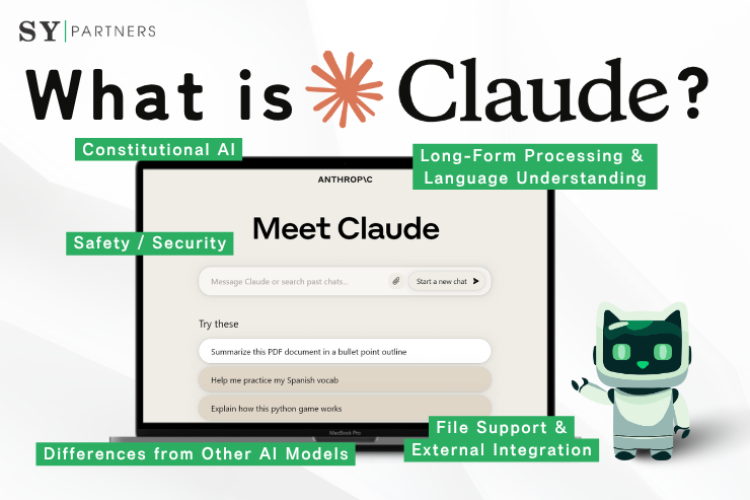ChatGPT vs Perplexity: Choosing the Best AI Tool for Business
In today’s business environment, leveraging AI tools has become key to improving operational efficiency, enhancing decision-making, and strengthening competitiveness. Choosing the right AI tool directly translates into cost savings and productivity gains.
This article compares ChatGPT from OpenAI and Perplexity from Perplexity AI, Inc., detailing their features, business applications, and pricing models. By doing so, it provides concrete information to help select the AI tool best suited to your company’s needs. Let us begin by defining ChatGPT and Perplexity.


 EN
EN JP
JP KR
KR
![[For Enterprises] Adoption Rate of Microsoft Copilot and 8 Key Business Use Cases](/sites/default/files/styles/medium/public/articles/%5BFor%20Enterprises%5D%20Copilot%20%E2%80%94%20Corporate%20Adoption%20Rate%20and%208%20Business%20Use%20Cases.png?itok=6MVSPst9)
![[For Enterprises] Claude — Corporate Adoption Rate and 8 Business Use Cases](/sites/default/files/styles/medium/public/articles/%5BFor%20Enterprises%5D%20Claude%20%E2%80%94%20Corporate%20Adoption%20Rate%20and%208%20Business%20Use%20Cases.png?itok=tc2aEIEt)


